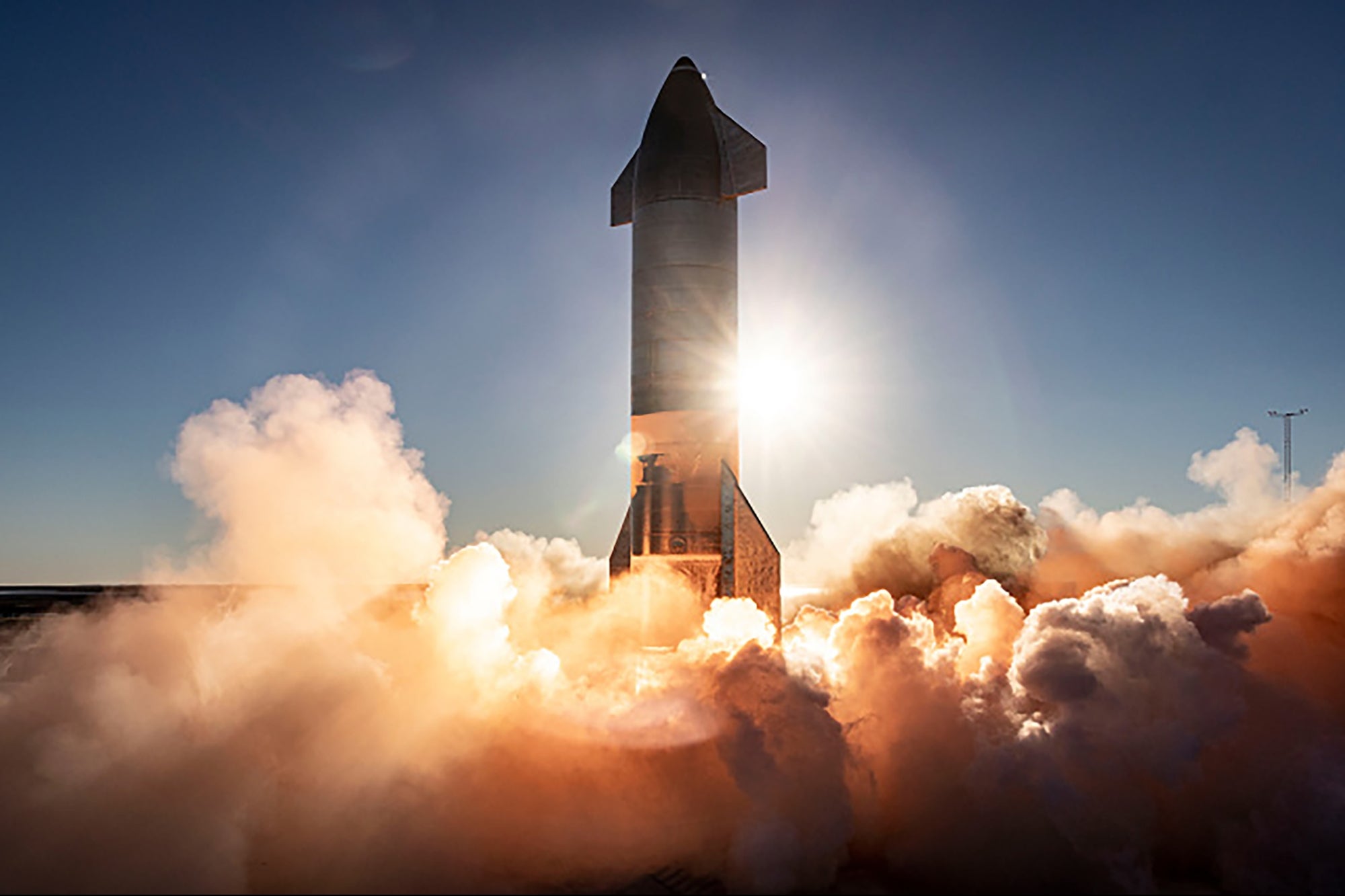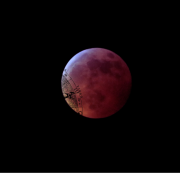
The agency reportedly started an investigation in response.
Entrepreneur’s New Year’s Guide
Let the business resources in our guide inspire you and help you achieve your goals in 2021.
February 1, 2021 2 min read
This story originally appeared on Engadget
SpaceX’s high altitude Starship test may have created more problems than a fiery explosion. The Verge sources understand that the Starship SN8 launch violated the terms of SpaceX’s FAA test license, leading to an official investigation. It’s not clear just what the spaceflight firm did wrong, but it reportedly led to the company delaying the launch of its SN9 prototype past the originally planned January 28th date.
An FAA spokesman didn’t say how SpaceX violated terms, but did confirm the company had applied to modify its license and wouldn’t budge on rules. “The FAA will not compromise its responsibility to protect public safety,” the spokesman said. “We will approve the modification only after we are satisfied that SpaceX has taken the necessary steps to comply with regulatory requirements.”
Elon Musk clearly isn’t happy with the FAA, whatever the issue. The SpaceX founder recently accused the FAA of having a “fundamentally broken” approach to regulating spaceflight that was meant for a small number of non-reusable launches from government pads. In other words, he suggested that SpaceX’s goals for rapid, privately-launched reusable rockets were ahead of an outdated FAA approach.
SpaceX is no stranger to confronting the US government. It sued the US in 2014 for the right to compete for military launches, and sued again in 2019 over “wrongly awarded” rocket contracts. The company hasn’t hinted at a court battle over Starship, but it’s evident Musk and crew are determined to keep their next-generation rocket on track.
Unlike its aircraft division, which is fine, the FAA space division has a fundamentally broken regulatory structure.
Their rules are meant for a handful of expendable launches per year from a few government facilities. Under those rules, humanity will never get to Mars.
— Elon Musk (@elonmusk) January 28, 2021







